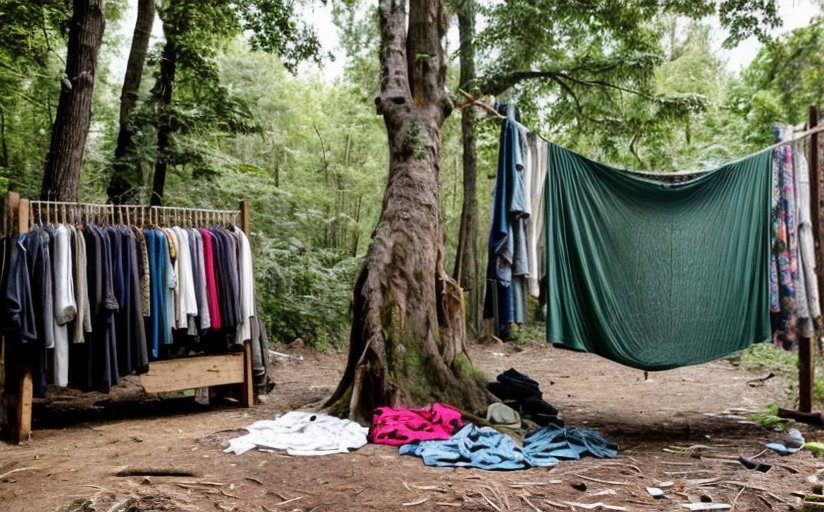Fast Fashion and Sustainable Alternatives: Impact and Innovation in the Fashion Industry
Underlying the Glitz and Glamour: The Fast Fashion Fiasco
In contemporary society, the fashion world functions at an unprecedented speed. The advent of fast fashion—cost-effective garments produced rapidly by mass-market retailers—has catered to the ever-evolving, ever-accelerating lifestyle of today's consumers. However, beneath this appealing facade of affordability and trendiness lies a pressing threat: environmental degradation.
The Aftermath of Fast Fashion
Fast fashion predominantly discards its damaging impacts on the environment. The industry is responsible for an estimated 5% of global emissions due to its high energy consumption, use of non-renewable sources, and extensive transportation needs. Moreover, it is one of the world's largest consumers of fresh water. Despite these alarming facts, the volume of fast fashion shows no sign of abating. The consequence of such an unchecked expansion of fast fashion has led to catastrophic environmental damage and depletion of resources.
Revamping Fashion: Sustainable Alternatives
The dire need for sustainable alternatives in the fashion industry is evident. A shift from ‘disposable’ fashion towards more environmentally friendly practices is not only preferable but essential. Innovative companies are exploring sustainable methods to create apparel that are ethical, eco-friendly and equally fashionable. Such companies aim to lessen the environmental impact by incorporating practices such as
- Recycling and up-cycling products
- Using organic materials and dyes
- Implementing more efficient production techniques
- Creating garments with longer durability
Innovation in Sustainability: Driving Change in the Fashion Industry
Technologies play a vital role in the push for sustainable alternatives. From the use of biotechnologies to create bio-degradable fabrics, to digital technologies that maximize production efficiency and reduce waste, innovation is at the forefront of the sustainable fashion movement. Companies like Patagonia, Eileen Fisher, and Everlane are taking the lead in this regard, becoming emblematic of ethical, sustainable practices within the fashion industry.
Transforming Fast Fashion Consumers into Sustainable Consumers
Transition towards sustainability in fashion is not solely about changing the production practices but also about transforming consumers’ habits. Incorporating sustainable fashion into one’s lifestyle can be as simple as purchasing less, choosing quality over quantity, supporting companies that uphold ethical standards, or recycling and repurposing clothing.
Conclusion
Fast fashion presents an intricate environmental problem, but it also opens the door to innovative alternatives that present sustainable solutions. As an industry and as consumers, it's crucial that we shift towards more sustainable practices—economically, socially, and environmentally—to ensure a healthier, more sustainable future for the fashion world and our planet.


















Comments
Leave a Comment